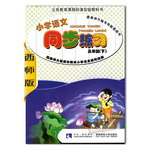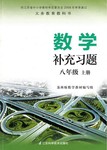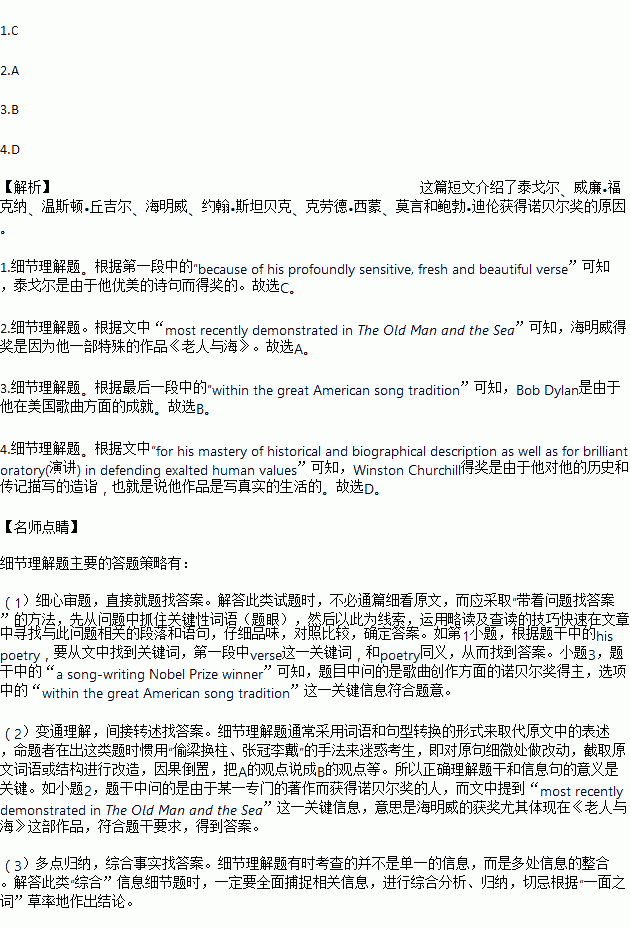题目内容
The Nobel Prize Winners in Literature
Rabindranath Tagore (1913)
Prize motivation:“because of his profoundly sensitive, fresh and beautiful verse (诗歌), by which, with consummate skill, he has made his poetic thought, expressed in his own English words, a part of the literature of the West”
William Faulkner (1949)
Prize motivation: “for his powerful and artistically unique contribution to the modern American novel”
Sir Winston Leonard Spencer Churchill (1953)
Prize motivation: “for his mastery of historical and biographical description as well as for brilliant oratory(演讲) in defending exalted human values.”
Ernest Miller Hemingway (1954)
Prize motivation: “for his mastery of the art of narrative, most recently demonstrated in The Old Man and the Sea, and for the influence that he has exerted on contemporary style.”
John Steinbeck (1962)
Prize motivation: “for his realistic and imaginative writings, combining as they do sympathetic humor and keen social perception.”
Claude Simon (1985)
Prize motivation: “who in his novel combines the poet’s and the painter’s creativeness with a deepened awareness of time in the depiction of the human condition.”
Mo Yan (2012)
Prize motivation: “who with hallucinatory(幻觉般的) realism merges folk tales, history and the contemporary.”
Bob Dylan (2016)
Prize motivation: “for having created new poetic expressions within the great American song tradition.”
1.Which writer won Nobel Prize for his poetry?
A. William Faulkner. B. Bob Dylan.
C. Rabindranath Tagore. D. Claude Simon.
2.Which writer won Noble Prize mostly for his specific work?
A. Ernest Hemingway. B. John Steinbeck.
C. William Faulkner. D. Winston Churchill.
3.Whose works will you turn to if you are interested in a song-writing Nobel Prize winner?
A. Mo Yan’s. B. Bob Dylan’s.
C. Claude Simon’s. D. Rabindranath Tagore’s.
4.Who described real life experiences in his historic works?
A. John Steinbeck. B. Mo Yan.
C. Ernest Hemingway. D. Winston Churchill.
 同步练习河南大学出版社系列答案
同步练习河南大学出版社系列答案 同步练习西南师范大学出版社系列答案
同步练习西南师范大学出版社系列答案 补充习题江苏系列答案
补充习题江苏系列答案

